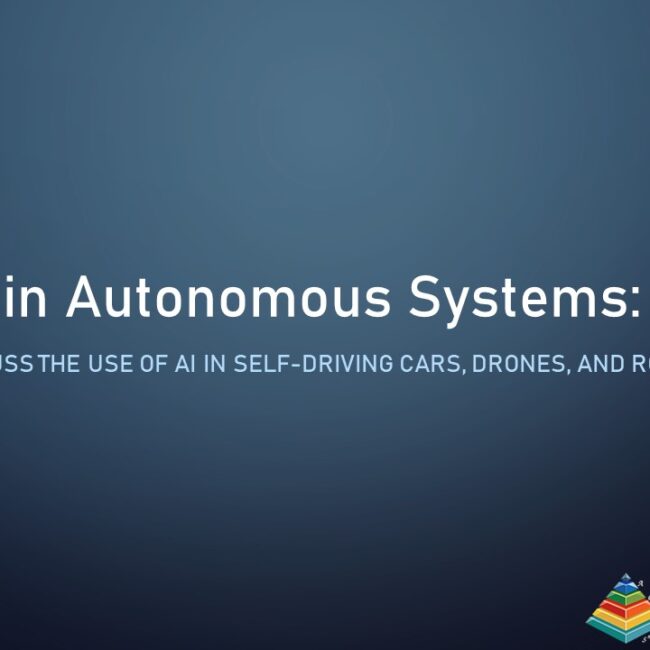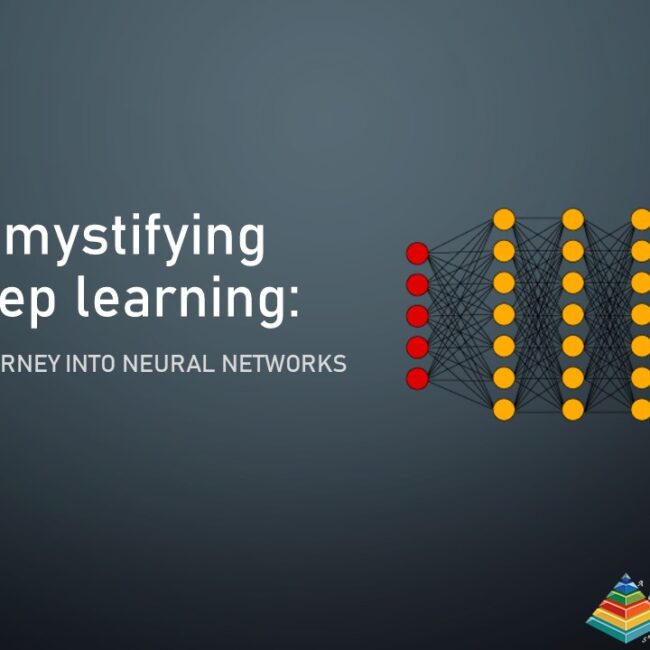
Gazing into the Future: Predicting the Trajectory of AI
Introduction
The rapid advancements in Artificial Intelligence (AI) are continually reshaping the world as we know it. In this blog, we will predict and speculate on the future of AI, taking into consideration current trends, challenges, and the boundless opportunities that lie ahead.
Current Trends in AI
1. Deep Learning: Deep learning, a subset of machine learning, has been a driving force behind AI’s recent successes. As neural networks become more complex, AI systems have achieved remarkable accuracy in tasks like image recognition and natural language processing.
2. Natural Language Processing (NLP): NLP, a branch of AI that focuses on the interaction between computers and human language, is improving at an astonishing rate. This trend is leading to advancements in chatbots, virtual assistants, and language translation.
3. Reinforcement Learning: Reinforcement learning, where AI agents learn through trial and error, has made notable strides. This has led to AI’s success in complex games, such as chess and Go, and its potential in real-world applications like robotics.
4. AI in Healthcare: AI is making significant inroads in healthcare, aiding in disease diagnosis, drug discovery, and treatment personalization. The potential for AI to revolutionize the medical field is immense.
5. Autonomous Vehicles: Self-driving cars are becoming more prevalent, with AI algorithms becoming increasingly adept at navigating complex and dynamic environments.
Challenges on the Horizon
1. Ethical Concerns: AI’s growing influence raises ethical questions, especially regarding issues like bias in algorithms, privacy concerns, and the impact of AI on employment.
2. Data Privacy: As AI relies heavily on data, concerns about data privacy and security are likely to persist. Ensuring the responsible use of personal data remains a challenge.
3. Regulatory Frameworks: The development of robust regulatory frameworks for AI is crucial. Balancing innovation with safety and ethical considerations is a delicate task for policymakers.
4. Accountability and Liability: Determining who is responsible for AI-driven decisions and actions is a complex issue. Legal and ethical frameworks must evolve to address these challenges.
The Future of AI
1. Improved Personalization: AI will continue to enhance personalization across various domains, including marketing, entertainment, and healthcare. Recommendation systems will become more sophisticated, delivering tailor-made experiences.
2. AI in Education: AI will play a pivotal role in education, providing personalized learning experiences, automating administrative tasks, and enabling virtual tutors and mentors.
3. AI-Generated Content: AI will generate content such as articles, reports, and even creative works like music and art. The line between human-generated and AI-generated content will blur.
4. Enhanced Healthcare: AI will further transform healthcare, accelerating drug discovery, predicting diseases, and improving patient care through continuous monitoring and early diagnosis.
5. AI in Environmental Sustainability: AI can be harnessed to address climate change and environmental challenges. It will optimize energy usage, predict natural disasters, and enhance conservation efforts.
6. Autonomous Systems: We can expect more autonomous systems, from self-driving cars and drones to robotics in manufacturing and logistics.
7. Ethical AI Development: Ethical considerations in AI will gain prominence. Developers will focus on creating AI systems that are transparent, unbiased, and aligned with ethical principles.
Opportunities and Possibilities
The future of AI is filled with immense opportunities, ranging from healthcare breakthroughs to unprecedented advancements in automation. As AI continues to integrate into our daily lives, it holds the potential to make the world a better place. Here are some key opportunities:
- Eradicating Diseases: AI-driven drug discovery and early disease detection can significantly reduce the global disease burden.
- Revolutionizing Education: Personalized education and AI tutors can make high-quality education accessible to all.
- Economic Growth: AI will create new industries and job opportunities, boosting economies worldwide.
- Environmental Sustainability: AI can contribute to more sustainable practices in industries like agriculture, transportation, and energy.
- Empowerment: AI can empower individuals and organizations with data-driven insights and problem-solving capabilities.
Conclusion
The future of AI is promising yet fraught with challenges. AI will play an increasingly central role in our lives, reshaping industries, enabling innovations, and addressing complex global challenges. As we navigate the AI-driven future, it is crucial to prioritize ethical considerations, data privacy, and regulatory frameworks to ensure that AI remains a force for positive change and human progress. The possibilities are endless, and the journey of AI is only beginning.


